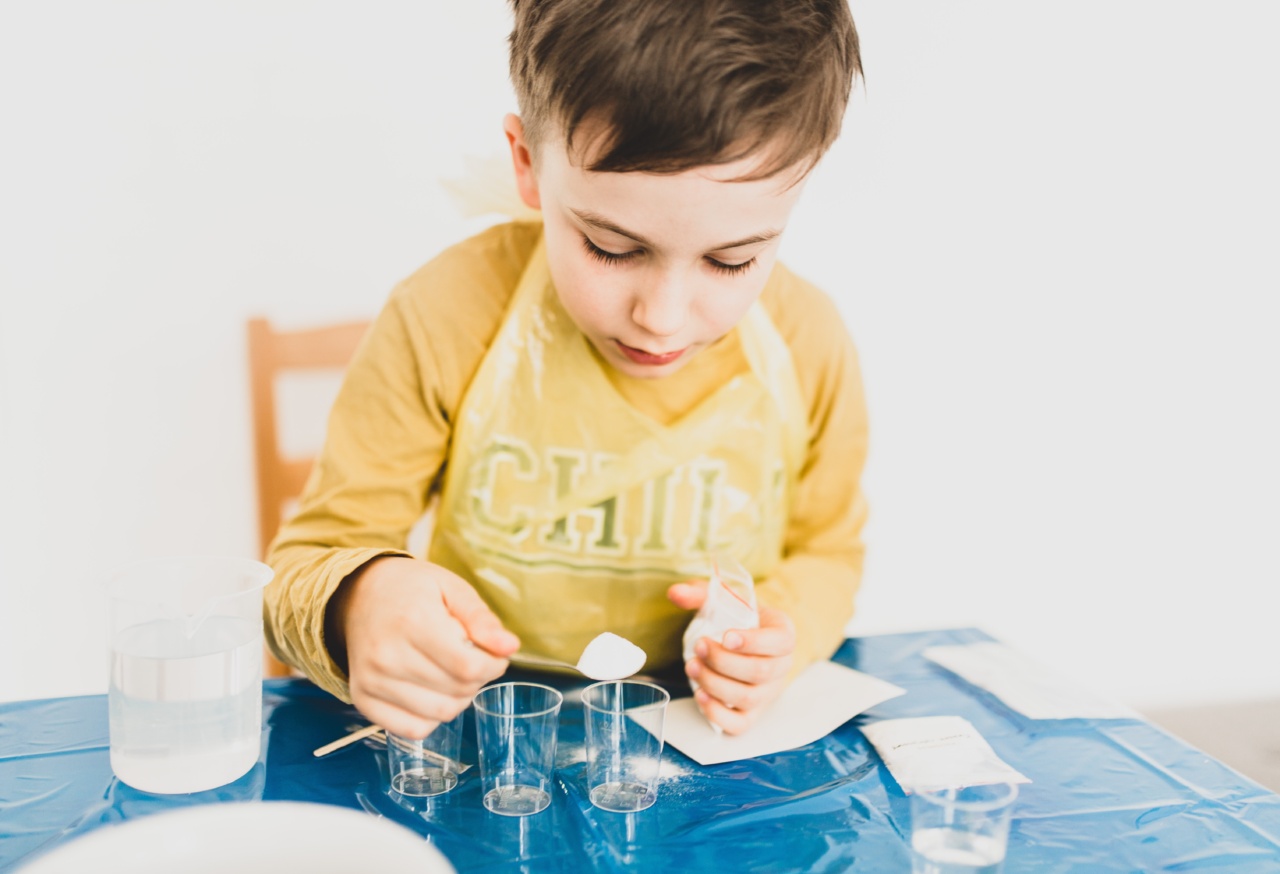Insomnia, nausea, and hypertension are common health issues that can greatly impact our quality of life. Many people turn to medication for relief, but there are also natural solutions that can be effective in managing or alleviating these conditions.
In this article, we will explore some of these natural remedies that can help you find relief without relying solely on medication.
1. Lavender Essential Oil for Insomnia
Insomnia affects numerous individuals, leading to sleepless nights and groggy mornings. One natural remedy that has gained popularity in recent years is lavender essential oil.
Lavender has calming properties that can help promote relaxation and improve sleep quality. You can use lavender essential oil by placing a few drops on your pillow or using a diffuser in your bedroom. The soothing scent of lavender will help you unwind and prepare for a restful night’s sleep.
2. Ginger for Nausea
Nausea can be caused by various factors, including motion sickness, pregnancy, or certain medical conditions. One natural remedy that has been used for centuries to relieve nausea is ginger.
Ginger has anti-inflammatory properties that can help calm an upset stomach and reduce feelings of nausea. You can consume ginger in various forms such as ginger tea, ginger candies, or even by adding it to your meals. The soothing effect of ginger can provide relief and help you combat nausea naturally.
3. Meditation for Hypertension
Hypertension, also known as high blood pressure, is a condition that affects millions of people worldwide. While medication can be necessary in some cases, there are also natural methods that can help manage hypertension. One such method is meditation.
Regular meditation practice has been shown to reduce blood pressure levels and promote a state of relaxation. By practicing deep breathing and mindfulness techniques, you can effectively manage your hypertension and bring it under control.
4. Chamomile Tea for Insomnia
Another natural remedy for insomnia is chamomile tea. Chamomile is known for its calming properties and can help promote relaxation. Drinking a cup of chamomile tea before bedtime can help calm your mind and prepare you for a restful sleep.
Chamomile tea is widely available and can be easily incorporated into your nightly routine.
5. Peppermint for Nausea
In addition to ginger, peppermint is another natural remedy that can help alleviate nausea. Peppermint has soothing properties that can ease digestive discomfort and reduce feelings of nausea.
You can consume peppermint in various forms such as peppermint tea, peppermint candies, or by using peppermint essential oil. The refreshing scent and taste of peppermint can provide relief and combat nausea effectively.
6. Exercise for Hypertension
Regular physical exercise is not only beneficial for overall health but can also help manage hypertension. Engaging in aerobic exercises such as walking, jogging, or swimming can help strengthen your heart and improve blood circulation.
By incorporating exercise into your daily routine, you can effectively lower your blood pressure and reduce the risk of hypertension-related complications.
7. Valerian Root Extract for Insomnia
Valerian root extract is a herbal supplement that has been used for centuries to improve sleep quality. It has sedative properties that can help calm your mind, promote relaxation, and reduce the time it takes to fall asleep.
Valerian root extract is available in various forms, including capsules, tea, or liquid form. It is essential to follow the recommended dosage for optimal results.
8. Acupressure for Nausea
Acupressure is an ancient technique derived from Traditional Chinese Medicine that involves applying pressure to specific points on the body. This practice has been found to be effective in reducing nausea and promoting overall well-being.
The P6 acupressure point, also known as Neiguan, is located on the inner wrist and is commonly used to relieve nausea. Applying gentle pressure to this point can help alleviate symptoms of nausea and vomiting.
9. DASH Diet for Hypertension
The Dietary Approaches to Stop Hypertension (DASH) diet is a natural approach to managing hypertension. This diet focuses on consuming foods that are low in sodium and high in nutrients like potassium, calcium, and magnesium.
By following the DASH diet, you can help lower your blood pressure and reduce the risk of heart disease. The diet emphasizes fresh fruits and vegetables, whole grains, lean proteins, and low-fat dairy products as part of a balanced eating plan.
10. Aromatherapy for Insomnia
Aromatherapy is a natural technique that uses essential oils to promote relaxation and improve sleep quality. Essential oils such as lavender, chamomile, and sandalwood are commonly used for their calming properties.
You can use an aromatherapy diffuser or mix a few drops of essential oil with a carrier oil to create a soothing massage oil. The gentle scent of essential oils can help create a tranquil environment and enhance your sleep experience.
Conclusion
Insomnia, nausea, and hypertension can be challenging to manage, but there are natural solutions available that can provide relief without relying solely on medication.
From lavender essential oil for insomnia to the DASH diet for hypertension, incorporating these natural remedies into your daily routine can help alleviate symptoms and improve your overall well-being. It is essential to consult with a healthcare professional before trying any new treatments, especially if you are currently taking medication or have underlying medical conditions.































